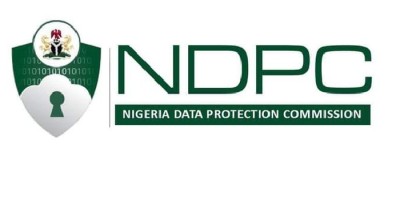Cross-Cutting Issues In Corporate Governance
Posted on Thu 24 Mar 2016
- Download Resource
Any need for a National Code?
As mentioned earlier, the FRCN intends to put in place a one-cap-fits-all approach to corporate governance by issuing later this year ‘the National Code of Corporate Governance’. Expectedly, widespread criticisms from various stakeholders have assailed the draft of this document exposed to the public for comments. Questions arise as to whether Nigeria, a developing economy with many fundamental growth-challenges, is ripe for the FRCN’s kind of national CGC?
There are also legal hurdles on the way of the national code which the FRCN has yet to clear. The Private Sector Code (PSC) part of the draft national code flies in the face of a Federal High Court judgement per Honourable Justice O. E. Abang in the case of Eko Hotels Limited V. Financial Reporting Council of Nigeria (Unreported: Suit No. FHC/L/CS/1430/2012 delivered on 21/03/2014); where it was held that the FRCN’s power, as stated in its enabling Act, covers only public interest entities and that this does not extend to regulation of private companies. This decision also holds for the Not-for-Profit entities in Nigeria.
Besides, some provisions of the draft national code contradict the positions in the Companies and Allied Matters Act and certain regulations and guidelines in Nigeria. Given that these currently operational CGCs were issued by the various sector-specific regulators under their enabling Acts, the draft national code therefore amounts to a “re-legislation” of the issues covered in the various relevant Acts and in certain instances appears to repeal those statutes. It is trite that a subsidiary legislation can neither lawfully amend its principal Act nor repeal any other statute whatsoever.
Even in the UK, where most of the regulations and statutory regimes across industries are streamlined, the FRC UK does not operate a mandatory Code that compels different entities to comply with a unified body of rules without option. The UK Code of Corporate Governance 2014 only serves as a model of good governance principles for UK companies to adopt.
Although there are laudable reasons behind the drafting of the national code by the FRCN, as it ought to be a document streamlining the various CGCs, the document as it is, will create certain compliance difficulties and overburden and over-regulate companies including ‘not for profits’. The FRCN should also be more patient and accommodating, and work well with all of the other sector regulators and operators.













